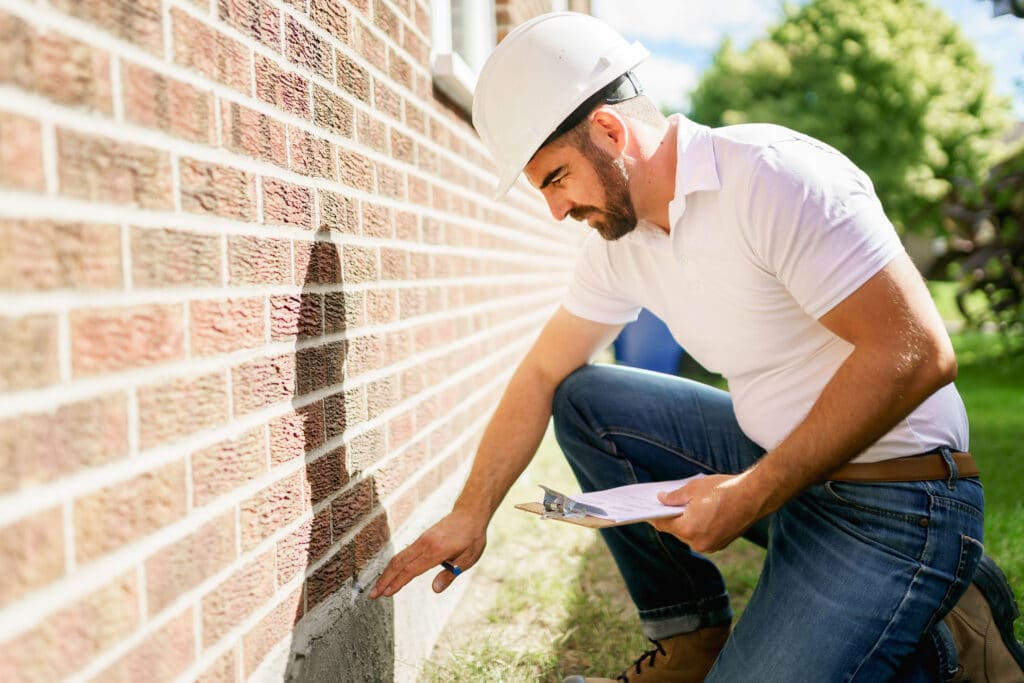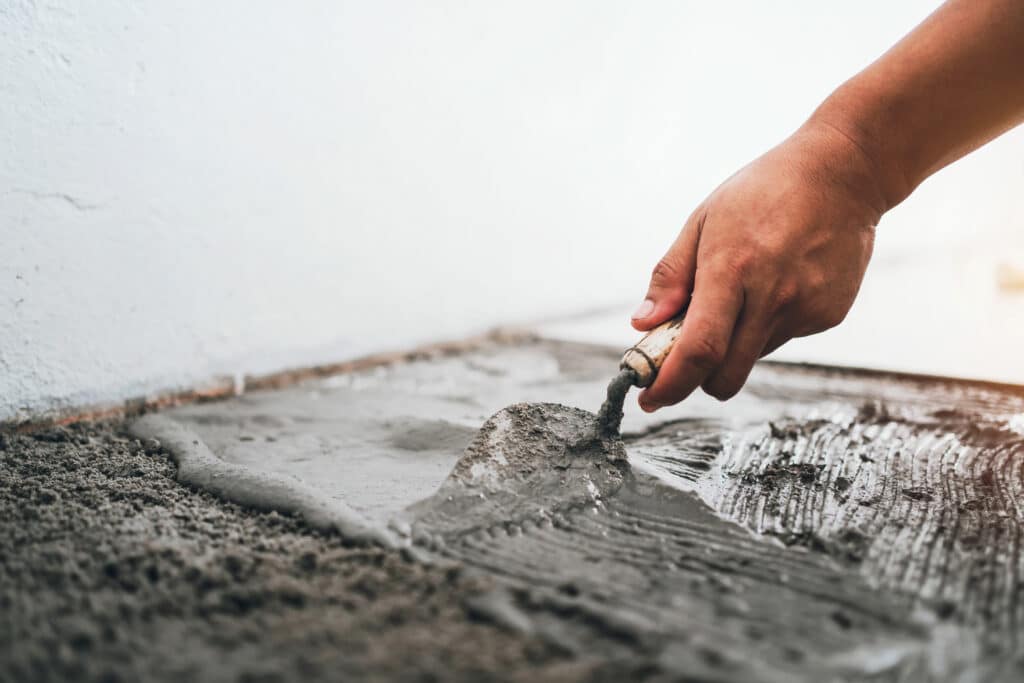Common Causes of Foundation Problems in Houston
Foundation issues have a few possible causes. Here are the top ones for Houston residents:
- Standing water: Pooling water around your home can be a menace to your foundation's integrity, especially when it gathers in areas your gutter system doesn't cover.
- Aging plumbing: While many Houston homes are fairly new, some still use cast-iron plumbing. When the pipes start eroding, leakage could reach your foundation and even pool beneath it.
- Soil composition: Soil with large sand or clay concentrations is highly expansive. In the heavy rainfall Houston gets, the soil soaks up moisture like a sponge, then releases it in dry seasons. The constant expansion and contraction puts pressure on nearby foundations, even if the foundations keep dry.
- Improper modifications: Roofing or landscaping work that wasn't done properly could result in your foundation settling.
- Tree Roots: Tree roots can encroach on a home's foundation through crevices, and may apply force that leads to your foundation cracking, pipes rupturing, and overall structural destabilization.
How to Choose the Best Foundation Repair Company
Your home's integrity weighs heavily on its foundation. It's essential to choose the most qualified crew possible. Focus your research on these features:
Licensing and Experience
In Texas, local governments can choose to require contractor's licenses. Even some major cities do not require licensure to alter or repair foundations. We recommend contacting your local officials to learn more about contractor and building standards. To further understand your contractor's experience, we recommend asking questions about how its team will draft plans and pull permits, what local codes apply to your project, and how the company inspects foundations.
One of the simplest ways to assess a company's reputation is to browse its website. Look for the company's years in business and what credentials its team holds. Many leading companies offer educational content for future customers.
Customer Reviews
Before committing to a company, check its online profile with the Better Business Bureau (BBB). You can examine both positive reviews and complaints. Remember that complaints don't necessarily mean a contractor is incompetent. BBB reviews also show how companies address complaints. A responsive team that works toward positive outcomes is a good one. Avoid a business if you don't see good communication about problems.
Foundation Repair Cost in Houston
The price of foundation repair can vary substantially depending on the severity of the issues and what needs to be fixed. For minor foundation cracking and settling issues, you may pay as little as $1,800. However, if there is significant deterioration, the normal cost lands at about $3,100. More involved projects requiring digging, helical piers, or major mudjacking could cost $6,900+. See below the average foundation repair costs for common issues.
| Common Foundation Repair Services | Average Cost |
|---|---|
| Crack Repair | $363 |
| Leak Repair | $2,941 |
| Stabilization | $5,110 |
| Underpinning | $1,392 |
| Waterproofing | $3,251 |
Ready to Get a Quote on Your Foundation Repair Project?
Please enter a valid 5-digit zip code!
Frequently Asked Questions About Foundation Repair in Houston
How much does foundation repair cost in Houston?
Can a foundation always be fixed?
Is foundation repair covered under my homeowners insurance?
What preventive measures can I take to avoid foundation issues?
- Make sure your home's gutters and downspouts are properly installed and direct water away from your foundation to prevent water accumulation.
- Water the soil around your foundation evenly, especially during dry spells, to prevent expansion and shrinking.
- If possible, grade the soil around your home to angle away from your foundation, promoting water drainage and reducing the risk of foundation issues.
- Check your foundation for signs of damage, and repair any issues promptly.
To share feedback or ask a question about this article, send a note to our Reviews Team at reviewsteam@thisoldhousereviews.com.
More Foundation Resources
National Foundation Repair Ranking Methodology
Sources
U.S. Census Bureau (American Communities Survey)
















